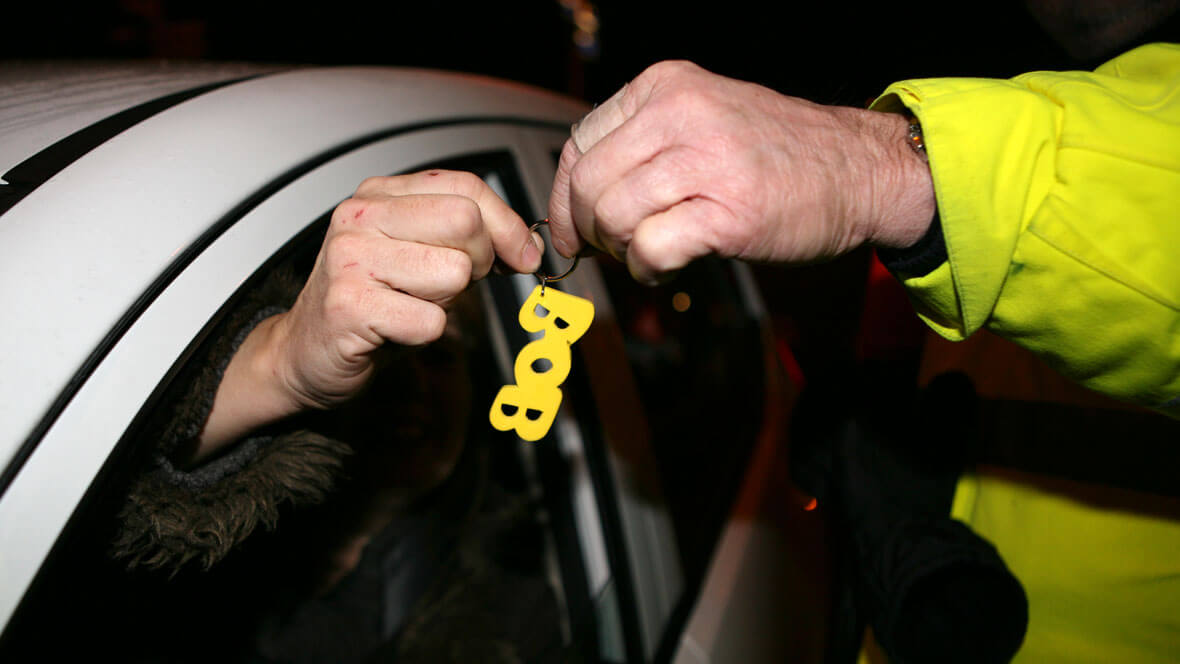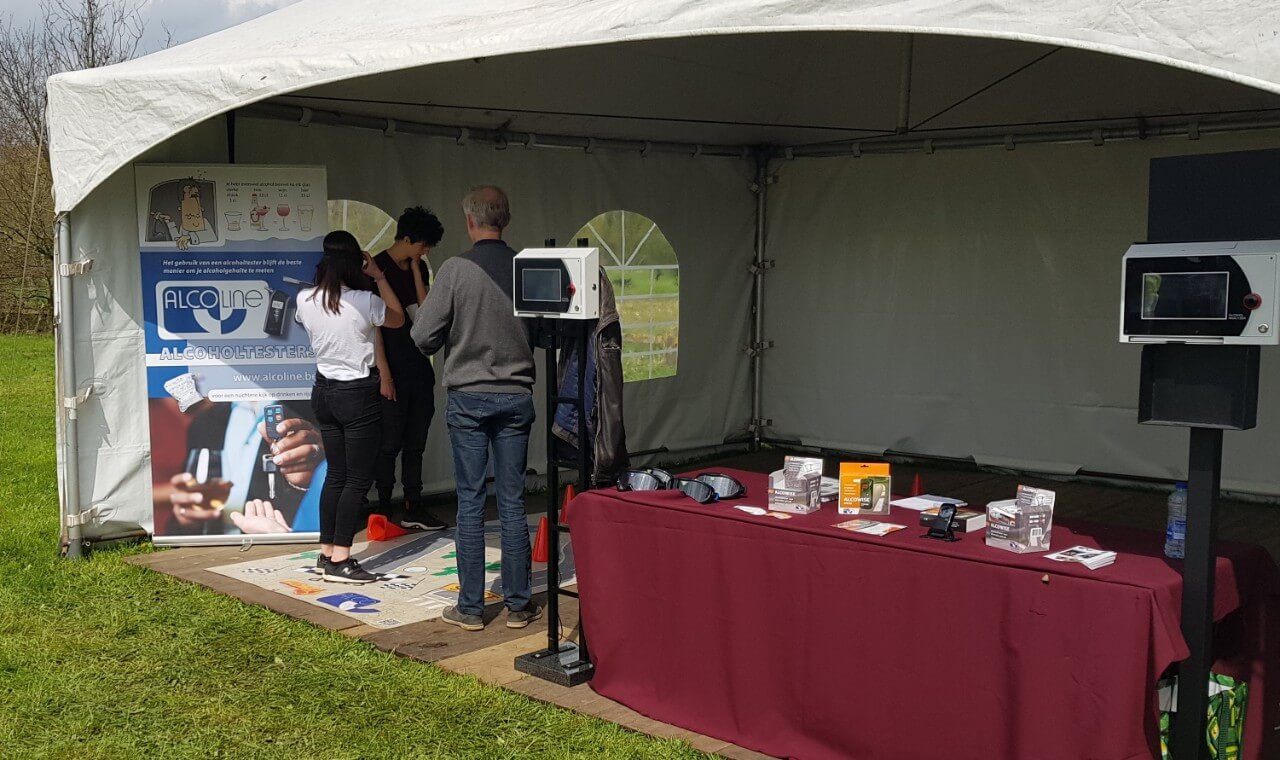Alcohol Control Legislation (Belgium)
What does the law say?
To be clear: drinking and driving are difficult to combine, but the law does not prohibit it. So you can drink, but not too much. An alcohol test provides a definitive answer: you know immediately whether you have had too much or not.
Have you been drinking? Then they measure the alcohol in your blood and in the air you breathe out. The law prescribes that you may have a maximum of 0,5 per mille of alcohol in your blood. 0,22 mg/l applies to exhaled air. If you have more, you are punishable.
Alcohol breath test Police
First you will be asked to blow into an electronic breath test device, or a pre-selection device. This indicates whether or not you are punishable. All you have to do is blow into the device firmly and long enough until the officer tells you to stop. If safe appears, then there is nothing wrong. If you are unsafe, a breath analyzer, or a burden of proof device, will have to confirm this and will determine very precisely how much per mille you blow.
Refusing an alcohol test
In principle, you cannot refuse such a breath test. You are entitled to a fifteen minute delay, but the question remains whether this is to your advantage. It only makes sense if you have been drinking XNUMX minutes before and may still be blowing mouth alcohol. In fact, it can even work against you. It may be that not all the alcohol has yet been absorbed into your blood, with the result that the alcohol level has risen even further in that quarter of an hour.
You cannot refuse a breath test, analysis or blood test. If you refuse, you will be considered positive. And you will immediately receive a driving ban of six hours.
Alcohol test results
- Do you have less than 0,22 mg/l (< 0,5 per mille)? You are welcome to continue driving.
- Between 0,22 and 0,35 mg/l (0,5 to 0,8 per mille)? You will immediately receive a temporary driving ban of three hours.
- Above 0,35 mg/l (> 0,8 per mille) you will be banned from driving for six hours. After those six hours, you will be asked to submit a new breath test or breath analysis. Is it still positive? You will then be banned from driving again for three to six hours.
For several years (06/2014), the police have also been allowed to use sampling or screening devices, also known as sniffing devices. You do not blow through a mouthpiece, but from a short distance through a kind of funnel. After just 2 seconds, the device knows whether you have had something to drink and a new - more accurate - test follows.
Driving under the influence: an expensive joke
Drinking too much does not just mean a driving ban. You also pay a fine and those amounts can be quite significant. One too many pints and you may immediately end up with 170 euros on your pocket. Which can amount to a maximum amount of no less than 11.000 euros! Add to that the misery and costs, because you have to leave your car and you temporarily lose your driver's license.
If you refuse the alcohol test on a moped, you must take into account a fine of € 420 and a driving ban for 6 months.
Drugs in traffic
Drugs in traffic are absolutely prohibited. This applies to all hard and soft drugs, including ecstasy, amphetamine and GHB.
Drug use can be demonstrated via a saliva test, blood or urine test. Are you a suspicious driver? Then you must undergo these tests.
Arrested under the influence of drugs: what penalties?
The fines are not easy. You will be banned from driving for at least 12 hours and possible revocation of your driving license for 15 days! If you test positive, you can receive a fine of between €1.100 and €11.000 plus a loss of right to drive. If you repeat the offense within 3 years after conviction, you may be sentenced to imprisonment from 1 month to 2 years and/or a fine of € 2.200 to € 27.500 plus a forfeiture of the right to drive from 3 months to 5 years or permanently.
What is residual alcohol?
Residual alcohol is the alcohol that is still measured after you have not drunk for a considerable period of time, for example the next morning. During a check, someone can still be fined for driving under the influence.
In general, a glass of alcohol disappears from the body after about 1 to 1,5 hours. So for 6 glasses of beer this is only after 6 to 9 hours. With 15 glasses this is 15 to 22,5 hours. So you can be under the influence well into the next day and test positive during an alcohol test.



